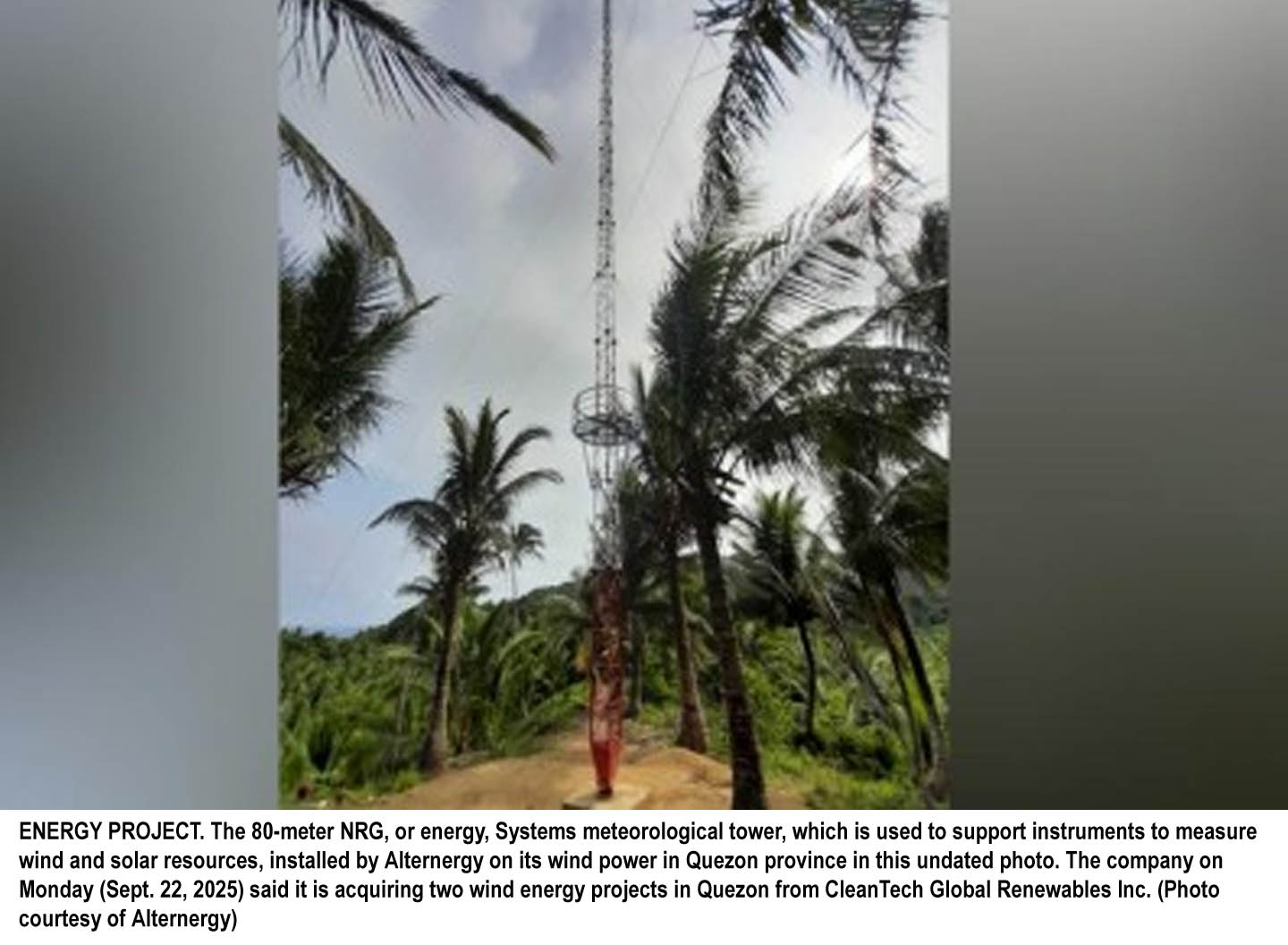Gov’t Bolsters Food Supply Measures as Inflation Edges Up to 1.5%
News | National Posted on 2025-09-06 01:32:02

MANILA – The government is ramping up measures to stabilize prices and secure food supply following a slight uptick in inflation in August, the Department of Economy, Planning, and Development (DEPDev) said Friday.
The Philippine Statistics Authority (PSA) reported that headline inflation rose to 1.5 percent in August from 0.9 percent in July, bringing the year-to-date average to 1.7 percent—still below the government’s 2 to 4 percent target range.
National Statistician Dennis Mapa attributed the increase mainly to higher food prices, with fish inflation accelerating to 9.5 percent and vegetables surging to 10 percent. Heavy rains, slow import arrivals, and weather disruptions were key drivers. Rice, however, continued to show a deflation of 17 percent.
“While inflation remains manageable, the recent figures highlight how adverse weather conditions directly impact prices,” DEPDev Secretary Arsenio Balisacan said. He stressed the need for close weather monitoring, noting PAGASA’s forecast of up to 15 tropical cyclones between September 2025 and February 2026, alongside possible La Niña conditions.
To cushion the impact, the Department of Agriculture (DA) has rolled out recovery support, including seeds, livestock biologics, and aquaculture stocks, while also offering loans, crop insurance, and rehabilitation funds for affected farmers. The DA is also preparing to launch a food supply command center in November to strengthen supply-demand forecasting and track cold storage and warehouse stocks.
In a related development, the Food and Drug Administration (FDA) approved the country’s first avian influenza vaccine, Volvac BEST AI plus ND, aimed at protecting poultry and ensuring food security against HPAI subtype H5N1 and Newcastle disease.
Meanwhile, the Bangko Sentral ng Pilipinas (BSP) maintained its outlook that inflation will remain below the target range in 2025 due to easing rice prices, with levels expected to stay within the 2–4 percent range through 2027. The central bank said it will continue to monitor risks, including potential electricity rate hikes and rice tariff adjustments.
“Our priority is to protect Filipino households from price volatility while building resilience in food production systems,” Balisacan said.
NPO News Team I PNA-PR










